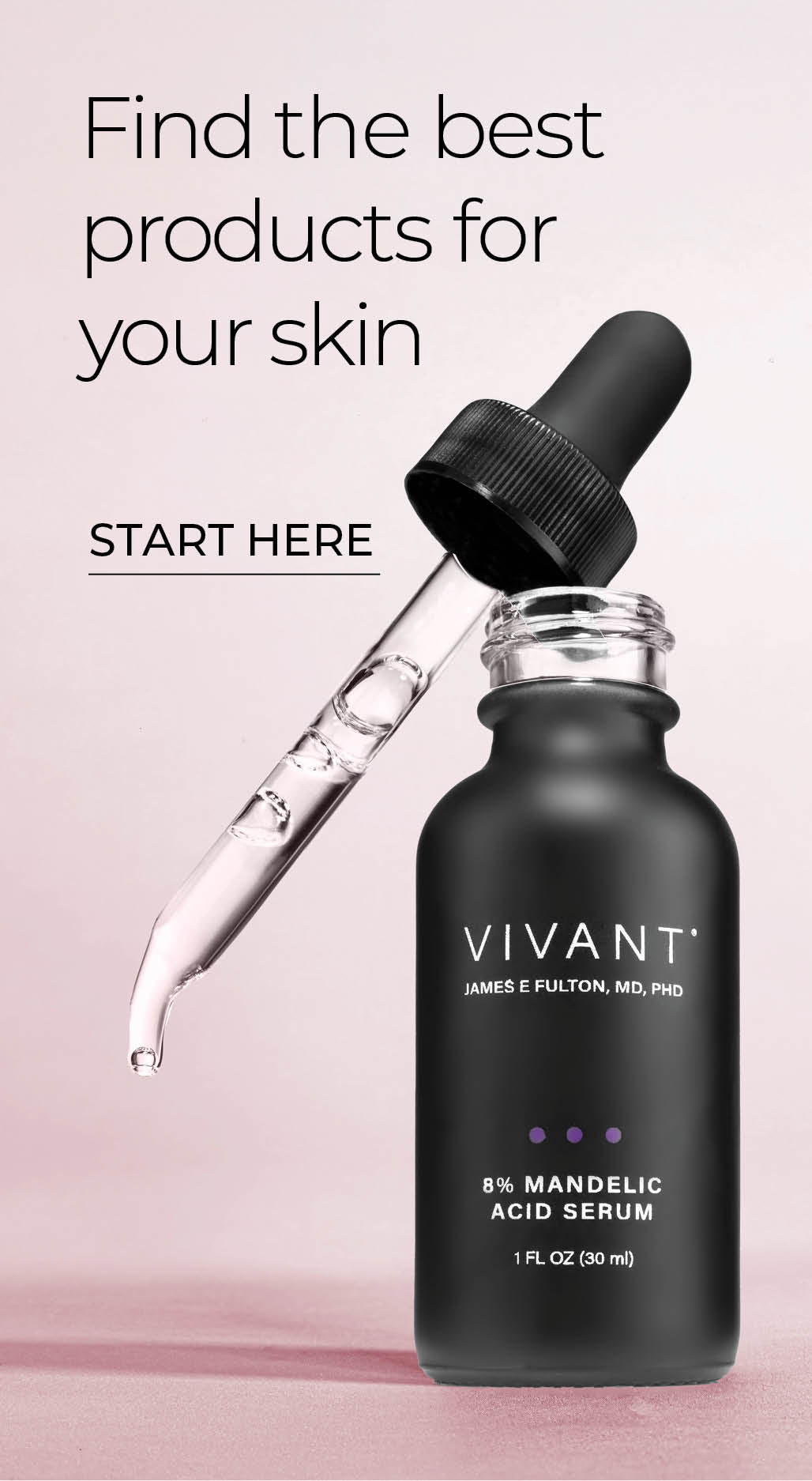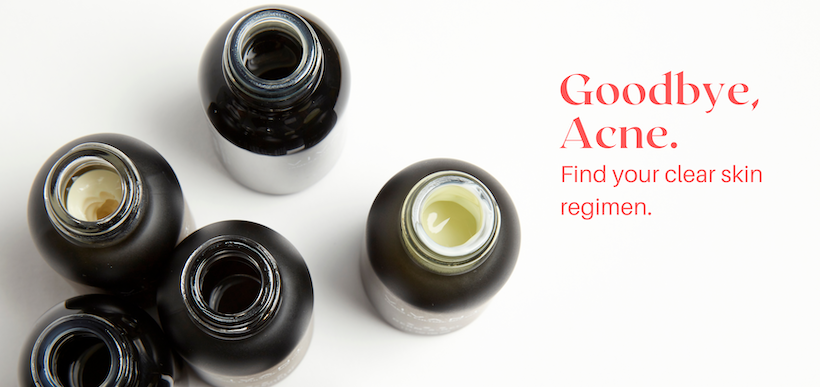Five Diet Hacks For A More Even Skin Tone

UV exposure, hormones, genetics, or injury to the skin are the major causes of pigmentation issues. However, a deficiency or an excess of certain nutrients have also been correlated pigmentation issues in the skin. A little attention to diet can help support a healthy skin matrix and efficient melanin regulation. Here are five diet hacks to help promote a more even skin tone:
Get In Sync With Zinc
Zinc plays a pivotal role in skin health. It’s essential to cell production, promotes healing, protects against UV damage, and guards against inflammation and bacteria. A deficiency in zinc is associated with excess melanin synthesis, which is the foundation of hyperpigmentation. Be sure you’re getting enough of this important mineral by eating zinc-rich foods. Good sources are spinach, beef, shrimp, peanuts, kidney beans and flax seeds.
Brighten Up With Vitamin C
Loaded with photo-protective benefits, vitamin C should be at the top of your list for optimum skin condition. This superhero antioxidant is essential to collagen production and gives skin a bright, healthy glow. In terms of pigmentation, Vitamin C keeps melanin-producing enzymes (tyrosinase) from going into overdrive in response to injury from UV radiation. Eat citrus, kiwi, tomatoes, broccoli and bell peppers to enrich your diet with vitamin C.
Don’t Slack On The B12
Vitamin B12 is necessary for the formation of red blood cells, healthy neurological function, and DNA synthesis. It’s also a natural pigment regulator, helping to determine how much gets produced and where it emerges. Deficiencies have been noted to increase melanin synthesis resulting in hyperpigmentation. Deficiencies tend to be more common among vegans because vitamin B12 is obtained mostly through animal sources like dairy, eggs, red meat, and seafood. You don’t need a lot of B12, only 2.4 mcg a day. A serving of salmon or red meat will more than cover that. Dairy and eggs provide smaller amounts. A glass of milk, for instance, contains only 1 mcg, so you’ll need to combine that with some additional sources. If you aren’t able to get enough B12 through your diet, a supplement is your best bet.
Get Your Fill Of Folic Acid
Folate deficiency has been linked to excess pigmentation. Most people generally get enough folic acid through a balanced, healthy diet, but certain conditions can cause a deficiency. If you’re pregnant or nursing, you need folate for two (doctors generally prescribe a supplement). Your body’s ability to absorb folate may be hampered by things like age, certain drugs, alcohol, celiac disease, or hyperthyroidism. And if you smoke, you are releasing superoxide in your body that destroys folate. Since foods high in folate also happen to be just generally good for your health—leafy greens, nuts, whole grains, citrus—increasing your consumption can’t be a bad thing, even if you don’t have a deficiency.
Slash The Sugar
If you haven’t yet heard the term glycation yet, you’d better sit down for this one. Glycation is the process that occurs when sugars in the blood (glucose) attach to protein throughout the body and break them down through oxidative stress. That means degradation of collagen, accelerated aging of the skin, increased inflammation, age spots and hyperpigmentation. (It’s also recently been linked to Alzheimer’s disease if that wasn’t enough bad news for you.) Glycation happens as the result of a rapid rise in blood sugar. Cutting things like white rice, pasta, muffins, juices, sodas and other high glycemic foods from your diet is nothing but right if you want to keep skin healthy, youthful and even-toned.
Correcting a pigmentation imbalances is a slow process. Results begin deep within the skin and move toward the surface, so the skin may turn darker initially. It will take approximately six to eight weeks to achieve visible results. Be patient. In the meantime, a good diet has plenty of additional benefits for skin and health. Eat to glow.


Comments